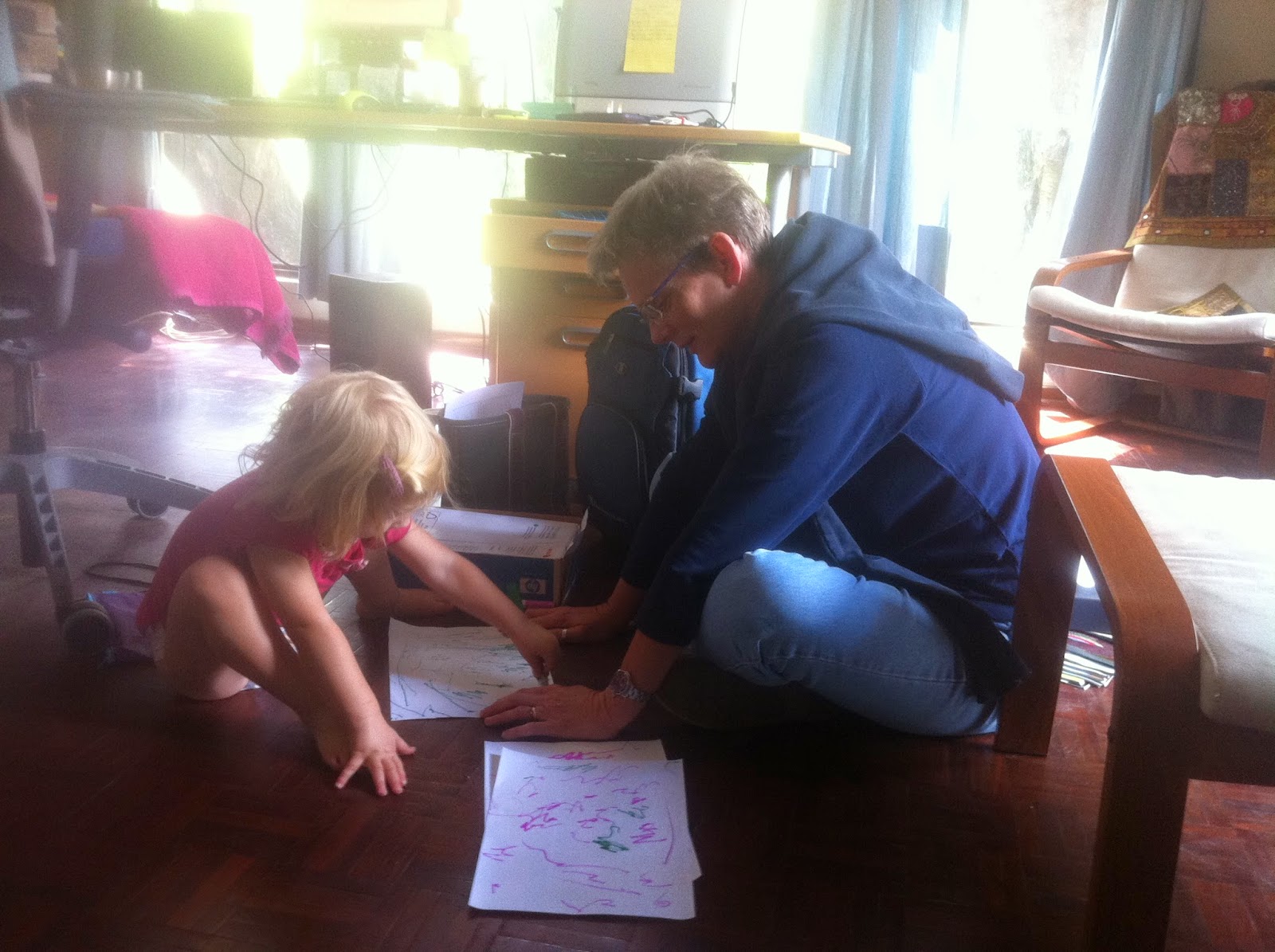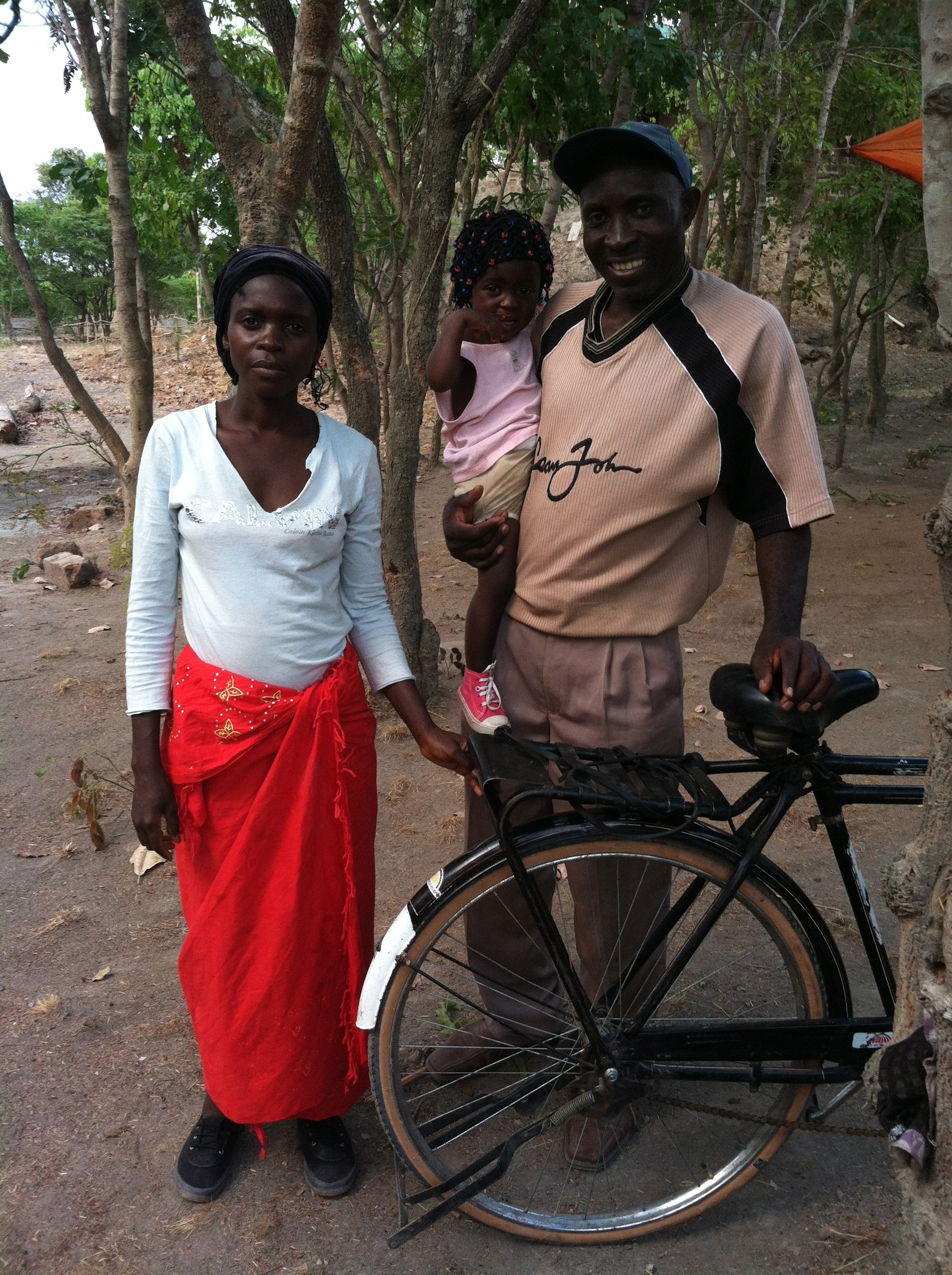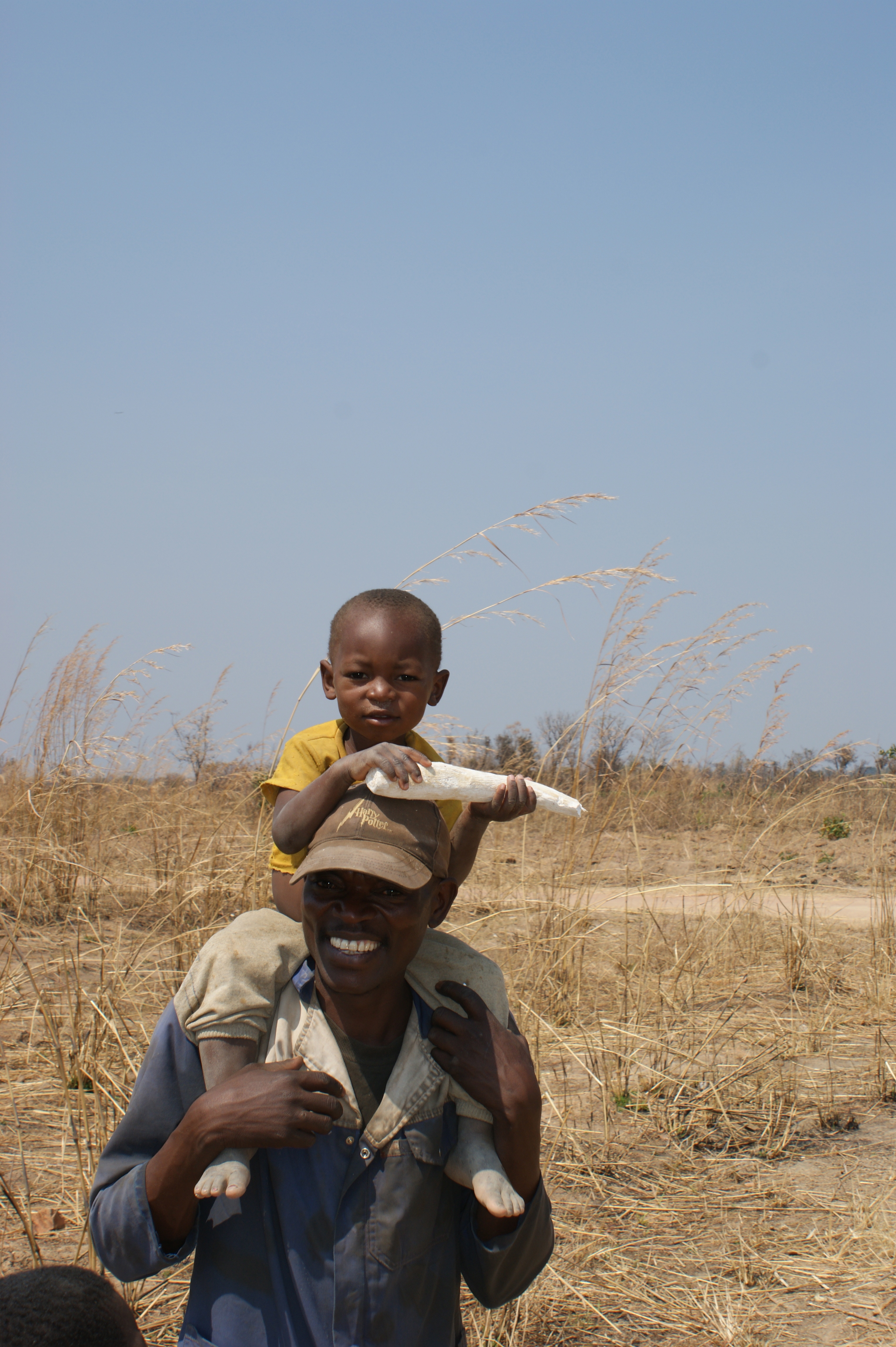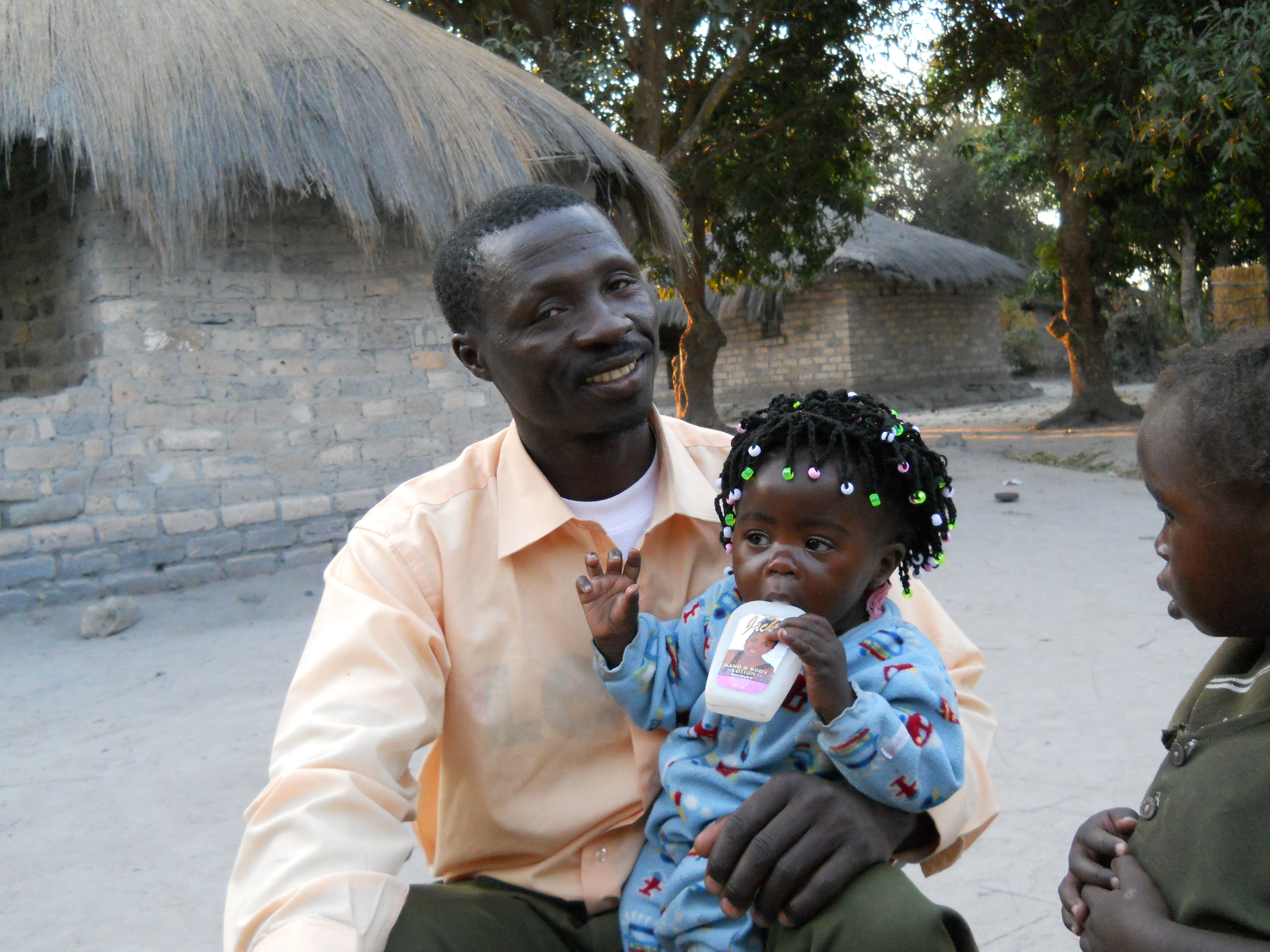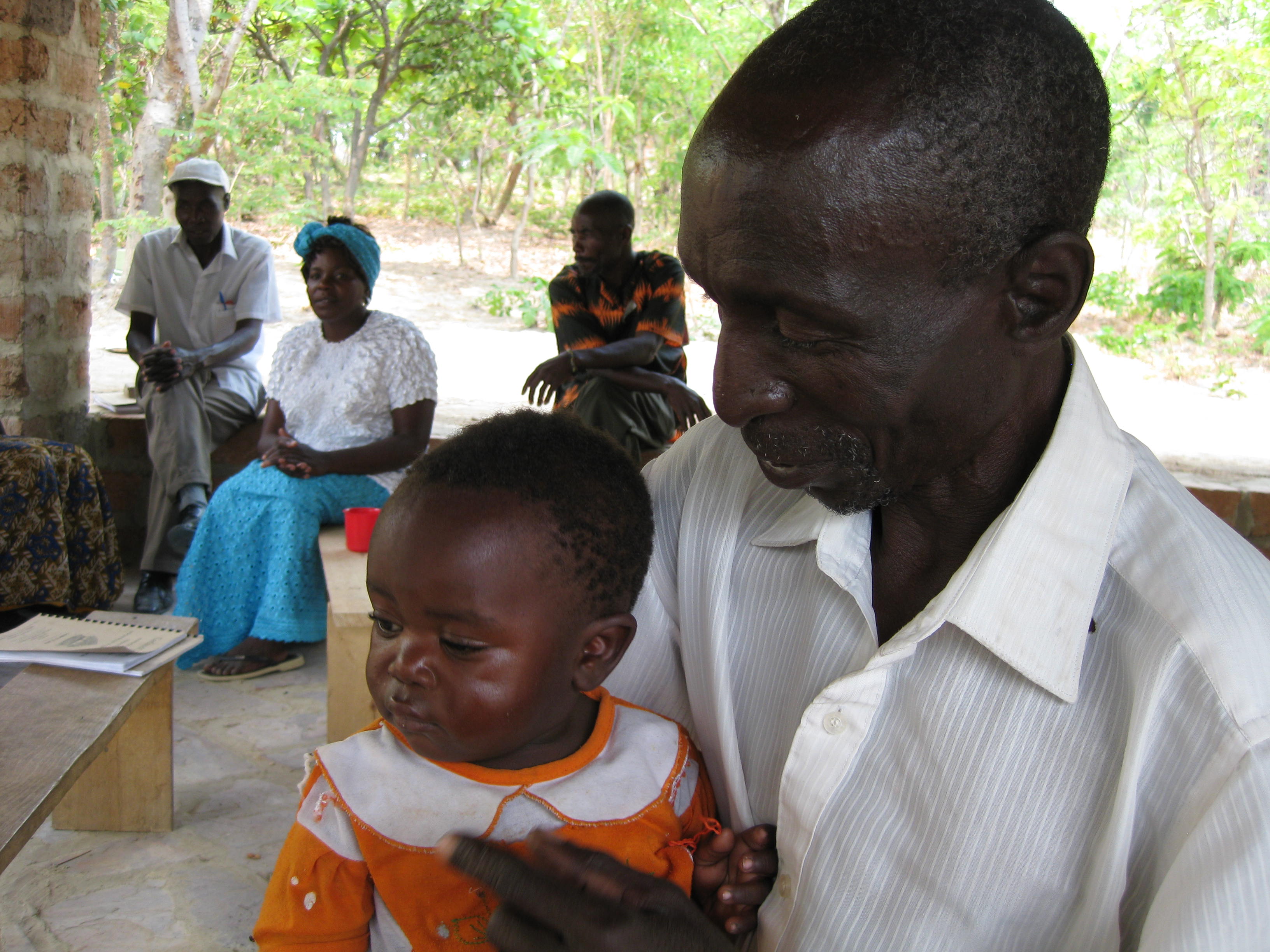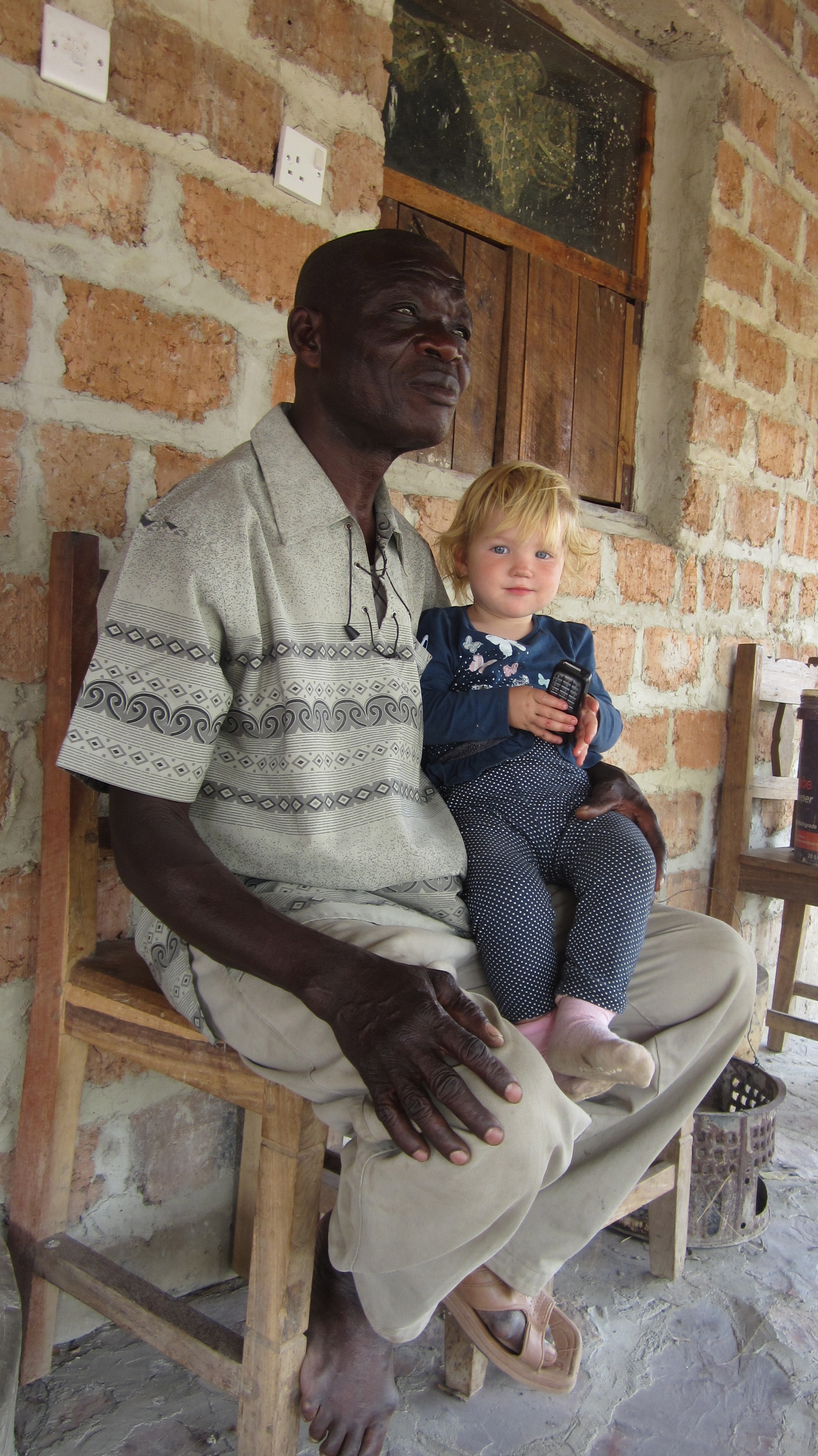More than a few times I’ve gone all Mama Bear on someone for
coming close to hurting my baby. Like that time the nurses at the hospital
tried to feed her orange Fanta when she was nine months old. Or the time when
the baby sitter (*ahem* Jeremy *ahem*) let her fall off the same stairs twice
in one day. Truly, I grow claws, my teeth sharpen, and if you listen closely
there is a low, guttural growl in my voice.
Or at least, that’s how I feel. For all my
viscously protective emotions, I think I actually come across as quite mellow
and harmless. One time, when I was internally going postal and the object of
my wrath was GIGGLING at my request to stop, Jeremy had to break the news: “Um,
most of the time you think you are Genghis Khan and really you look like Little
Bo Peep.”
Well, baaaaaa. I mean, Grrrrrrrr.
I digress.
My point in writing this morning is to share the most recent
event in which another being compromised the safety bubble I have imaginarily
constructed around my girl (whom I am imaginarily keeping a baby.)
We were driving to Lusaka, (again,) and came upon a routine
police post. Police posts around Zambia are set up to identify unworthy
vehicles, people driving without licenses, jewel smugglers and other offensive
happenings. Nine times out of ten, the police stop us because they are bored
and we are interesting and they want to know where we are from and where we are
going and whether we want to share our cookies with them. Humor and Bemba
phrases are the tag team which keep us out of police detention most of the
time. (Except that once when Jeremy ended up in prison… which is another post for
another day…)
In recent years we have found that Bronwyn is now the clear
show stealer. Who cares about cookies when there’s a white baby to ogle! Most
of the police officers step to the back window and wave at her and say things
like “hello there white baby!” while she stares back at them blankly, not
understanding why anyone needs to talk to her specifically. More than once, she
has been asleep and the officer has yelled through the window and woken her up.
Thanks guys, keep up the good work.
A few times, they have wanted to shake her hand or to hold
her or remove her from the car seat and I’ve always been able to get around it
with an “Oh, geeze, sorry I don’t think I
can reach back to unlock the door…” And we’ve
continued on our merry way.
BUT THIS TIME… I was in a different vehicle. One with a
broken driver’s side window. One with automatic locks. So when I needed to open
my door to hand over my license, I unlocked my door with the automatic unlock button, which
unlocked all the doors, including Bronwyn's. MPM – Mr. Police Man – took my
license in his hand and stepped two steps toward the back of the car. “Oh, look
at the white baby!” Door opens. My
insides tighten. I look calm. “Iwe, what’s wrong with you. Are you
troubling your mother. Don’t cry. I’ll beat you.” Smack. His big hand hit her little cheek and every emotion possible burst forth.
And now Mama Bear, Genghis Khan, Little Bo Peep
on Speed were all on the scene as I searched for words. Did he really just SLAP my baby in the
face? Light enough that she just sort of stunned and recoiled a little, but
hard enough that it made noise. And besides, why am I even having to assess the firmness of the slap? I mean, did this really just happen?
Without understanding the culture, this whole scenario would
have been unbearable. You see, adults here often “pretend slap” babies. It is common for
adults to say, “I’m going to beat you,” and speak in gruff tones. This is
considered playful and charming to the Zambian while it is mostly offensive and
cruel according to observing Americans. My (unprofessional) hypothesis is that because all
mothers beat their children and still care for and feed them, all Zambians grow up
with this culturally conditioned (warped?) perception of love and affection.
Its almost like the entire adult population is suffering from a variation of
Stockholm Syndrome, equating abusive behavior with kindness and familiarity. In short, I understood that Mr. Police Man did not find this behavior to be inappropriate or weird.
And so in the point-two seconds following the slap on my
baby’s face, I had a decision to either lose my cool and lecture MPM on
boundaries and respect… or laugh it off and pray that it would all be over
soon. Since MPM was still holding my license and since this was the police post
that once upon a time sent Jeremy to prison, I decided to keep my tongue. I also
know from past experience that if mommy is laughing and calm, Bronwyn tends to stay calm. And in the moment, that it what I did.
Bronwyn was looking at me with a quizzical "what the hey?" face, and not really responding to Mr. Police Man directly, so he gave me my license and gestured me to go
ahead. I gratefully jammed the vehicle into first/second/third gear as quickly
as possible, shaking the dust off my tires in passive aggressive protest.
I stewed for about ten kilometers over whether I did the
right thing. Mr. Police Man was out of line and I was unsure of how to respond.
I came to Bronwyn’s defense by trying to end our “visit” as quickly
as possible. But I did not dramatically jump into action, sucker punching the dude and reclaiming her honor - and that makes me feel guilty. I think I did
the right thing in the given situation. But I want Bronwyn to know that
deference to no man will keep me from protecting her. I want her to know that
she is the most important thing to me and that I would do anything to keep her
safe. At the end of the ten kilometer stew session, I filed the scenario in the
“did the best I could” folder and let it go.
The uncomfortable power struggle with police here is
probably the only thing that I truly dislike about Zambia. And even within this
category, our interactions are only distasteful some of the time. Zambia still
has about a million fantastic bonus points, and so the one or two negatives
don’t dissuade my admiration in the least.
But what remains is the unsettled feeling that I could have or should have done something different. There is no mothering
manual, and there certainly isn’t a third
culture mothering manual. Jeremy and I are in the throws of a series of
discussions about the life and lifestyle of our family and its interaction with
the culture around us. Upgrading our living conditions, seeking out specific
playmates for Bronwyn, taking her to church or leaving her home – these are
topics of conversation unhelped by mommy message boards or google or chats with
friends because they are steeped in unique Zambian-ness.
I guess for all the wondering and insecurity, I am most
assured of this: that I will hug my baby a million times a day for the next
million days. And I will always make sure the back doors are locked.


